Don’t Get Caught With Sudden, Costly Repairs.
Don’t get caught with sudden, costly repairs. Keep a close eye on your roof and learn how to spot problems before they severely impact your wallet with these 7 danger signs.
1. A leak in the attic.
After a strong storm or wind-driven rain, take a look in the attic for signs of leaking. Ice dams can also cause water to enter the house if you don’t have an adequate shingle underlayment or if the flashing (the aluminum or steel used over roof joints, like chimneys and pipes) has deteriorated.
2. Blistering or peeling interior or exterior paint.
When the paint starts to peel off, the cause is likely trapped moisture in the house due to excessive temperature or high humidity from poor attic ventilation. The air in the attic needs to flow freely from the soffit to the ridge to reduce humidity. Make sure there is a vent in areas such as the kitchen or bathroom. Dryers should vent outside.
3. Stains on interior ceilings and walls; mold or mildew growth.
If you see stains or, even worse, mold growth inside your home, it may be caused by inadequate or faulty shingle underlayment that is allowing water to seep into the house. Inadequate ventilation could also be the culprit, which causes excessive moisture— conditions in which mold and mildew thrive.
4. Exterior decay, sheathing, and/or siding.
Poor attic ventilation is again a possible cause, but any condition that results in excess moisture can contribute to decay. One way to combat the problem is to put a vapor barrier between the insulation and the inside of the house, which can reduce the amount of moisture that goes into a wall and help the moisture escape from the wall.
5. Missing, cracked, or curled shingles.
If you see that your shingles are dry or practically break when touched, that means they have reached the end of their useful life and it’s time to invest in a new roof.
6. Dark, “dirty-looking” areas on your roof.
This could mean your roof has vegetation, fungus, mold, or algae growth, or that the shingles’ protective granules have been lost. This doesn’t mean you need to replace your roof, but these stains can reduce curb appeal. Cleaning the shingles is an option, but that could shorten their life. Fortunately, StainGuard® protection is available on many GAF Shingles, including Timberline® Cool Series Shingles, Timberline® Natural Shadow® Shingles, and Timberline® ArmorShield™ II Shingles. (StainGuard® protection is available only on shingles with StainGuard®-labeled packaging. See GAF Shingle & Accessory Ltd. Warranty for complete coverage and restrictions.)
7. Excessive energy costs.
A possible cause of higher cooling costs could be insufficient attic ventilation, requiring the cooling system to run excessively. In warm weather, inadequate ventilation will trap hot air in the attic, causing air-conditioning systems to work harder, or leaving your home’s interior hotter and less comfortable. In both hot and cold weather, moisture in the attic can become trapped and condense on the rafters if it’s not insulated properly. This moisture can drip down onto the insulation and reduce its effectiveness, potentially increasing energy costs.
Source : http://www.gaf.com/Roofing/Residential/Key_Danger_Signals


